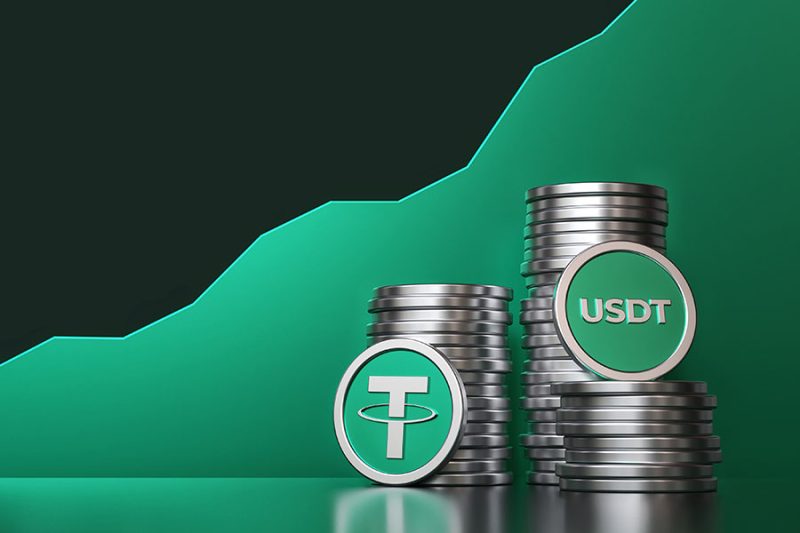A recent report from Consumers’ Research, a consumer protection organization, has raised alarms about the transparency of Tether’s US dollar reserves, questioning the stablecoin issuer’s practices and drawing parallels to the collapse of FTX and Alameda Research.
Lack of Audit Fuels Transparency Concerns
In a September 12 report, Consumers’ Research criticized Tether for failing to deliver a comprehensive audit of its dollar reserves despite repeated promises. The group noted that Tether has yet to provide an audit from a reputable accounting firm, which has prompted concerns about the stability and legitimacy of the USDT stablecoin.
The report warned that this lack of transparency mirrors the kind of opaque financial practices that contributed to the downfall of FTX. In addition to the report, Consumers’ Research sent an open letter to every U.S. state governor and launched a series of radio advertisements and a website dedicated to highlighting Tether’s alleged shortcomings.
Allegations of Illicit Activity
Consumers’ Research also accused Tether of enabling illicit activity through its failure to prevent bad actors from using USDT to evade international sanctions. The watchdog group urged authorities to take a closer look at Tether’s operations and enforce stricter oversight of the company’s practices.
Tether’s Response and Efforts to Increase Transparency
Tether has faced similar scrutiny in the past, but the company has made efforts to address these concerns. In January 2023, Howard Lutnick, CEO of Cantor Fitzgerald, reassured the public about the stability of Tether’s cash reserves, stating, “From what we’ve seen, and we did a lot of work, they have the money they say they have.”
To improve transparency, Tether hired former Chainalysis chief economist Philip Gradwell in July 2023 to produce reports on USDT usage. These reports are intended to provide insight for regulators and investors, potentially alleviating concerns about how the stablecoin is being utilized.
Furthermore, in August, Tether’s CEO Paolo Ardoino disclosed that the company had assisted over 145 law enforcement agencies since 2014 in recovering $108.8 million in USDT linked to illegal activities. Tether has also taken steps to fight financial crime by launching a partnership with Tron to create the T3 Financial Crime Unit, which will monitor and freeze illicit USDT transactions on the Tron network, the largest blockchain for USDT trading.
Stability Rating and Concerns
According to the S&P Global ratings agency, Tether received a 4 out of 5 on its stability assessment, with 5 being the worst possible score. This rating underscores ongoing concerns about Tether’s ability to maintain the stability of its reserves and fulfill its commitments to transparency.
While Tether continues to play a crucial role in the cryptocurrency market, ongoing questions about its reserve management and its role in enabling illicit financial activity are likely to fuel further scrutiny from regulators and consumer protection groups.
